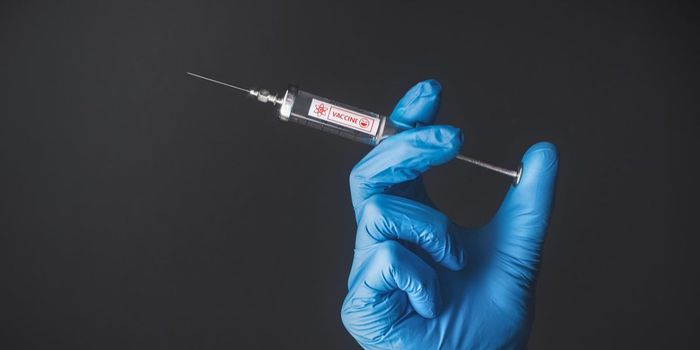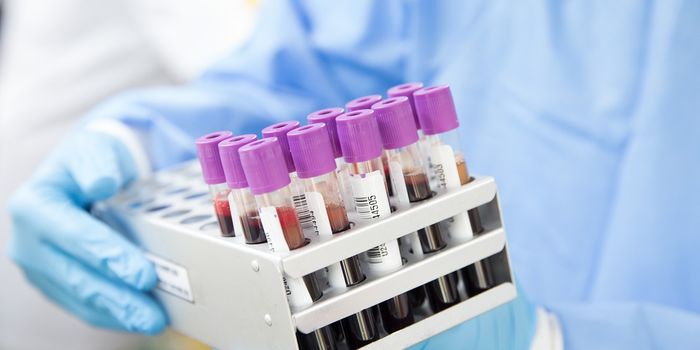Good news for a colorectal cancer vaccine
Colorectal cancer is the third most common cancer in the U.S. among both men and women and the third leading cause of cancer-related deaths. According to The American Cancer Society (ACS), in 2019 alone, colorectal cancer, which refers to cancers that begin in the colon or rectum, will kill 51,000 people and 101,000 new cases of colon cancer and over 44,000 cases of rectal cancer will be diagnosed.
That’s why a new clinical trial for a colorectal cancer vaccine is so exciting. The results of the phase 1 clinical trial were published in the Journal for ImmunoTherapy of Cancer and after the vaccine was cleared as safe and successful of activating immune cells.
The trial was led by researchers at Philadelphia University and Thomas Jefferson University and included 10 patients with stage 1 or 2 colon cancer. After receiving the vaccine, the participants in the trial had blood tests 30, 90, and 180 days following in order to check for immune cell activation. The team’s results showed the patients successful T cell activation, which means that immune T cells are capable of locating and eliminating colon cancer cells. Equally as important, the team was also able to determine that the participants involved in the trial did not suffer any major side effects of the vaccine.
But how exactly does the vaccine work? Based on previous research of a molecule called GUCY2C, which colorectal tumors are known to express, the vaccine a message to the body’s immune system to find and attack GUCY2C molecules.
"There is an urgent need to understand what fuels colorectal cancer growth, and to harness that knowledge for developing novel therapies," says Karen E. Knudsen, Ph.D., who is the director of the Sidney Kimmel Cancer Center at Jefferson Health. "This pivotal study provides some of the first evidence that it may be possible to safely direct a patient's own immune system to seek and destroy this cancer type. This is a true milestone — made possible through the scientists and clinicians in our colorectal cancer team working in synchrony."
The researchers are hopeful about the possibilities that the vaccine may hold, not only for colorectal cancer but gastric, esophageal, and pancreatic as well. "We are preparing for a phase II study that will begin recruiting patients this fall," says study first author Adam Snook, Ph.D. "We used lessons learned in the first study to modify the vaccine to hopefully make it even more effective," he concludes.
Sources: Medical News Today, Journal for ImmunoTherapy of Cancer









